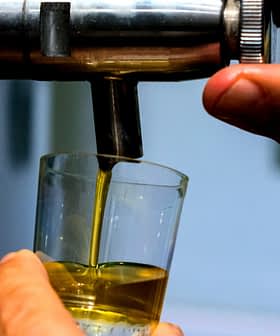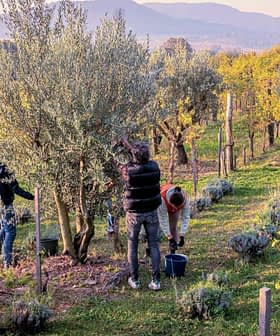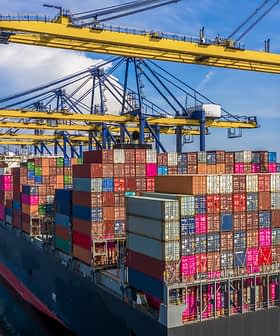Up to 27 Million in Spain Face Water Shortages by 2050, Minister Warns

Southeastern Spain faces a 40-percent reduction in water availability by 2050, a figure that is worse than the rest of the country, leading to concerns of desertification and water shortages affecting up to 27 million citizens. Minister Ribera emphasized the need for immediate action, including improved digital connectivity, water recycling, and growing more resilient crops, to address the challenges posed by climate change and water scarcity in the region.
Southeastern Spain, which is home to some of the largest olive oil-producing provinces in the country, is heading for a 40-percent reduction in water resource availability by 2050, according to the Minister of Ecological Transition and Demographics.
Teresa Ribera said this figure represents a critical decrease that is far worse than the 24-percent reduction that the rest of the country is expected to experience.
See Also:One-Fifth of Italy at Risk of Desertification, Irrigation Experts WarnShe also confirmed that desertification is rapidly expanding in the country to the point that three-quarters of Spain might be at risk.
“If no measures are taken, 70 percent of the whole Spanish territory will be affected by droughts by 2050,” Ribera said, adding that up to 27 million Spanish citizens risk facing water shortages within the next three decades.
“We are going to have to handle ourselves in extreme scenarios,” the minister told a gathering of local, national and European officials in Alicante.
According to Ribera, the next decade will present challenges that will require the implementation of entirely new mitigation and adaptation strategies that have not been laid out in previous strategic plans.
The minister warned of a scenario influenced by sudden floods alternating with “maximum droughts.” She also stressed how the very significant impacts of climate change that are to be expected require “a permanent review of the infrastructures which will be necessary to address the situation.”
See Also:Olive Oil Production in Spain Expected to Fall, Officials SayRibera also emphasized the importance of immediate action to guarantee seamless digital connectivity among Spanish watersheds, which will require a substantial upgrade to existing infrastructure and currently poses a major challenge for the southeast of the country, which includes parts of Andalusia.
Along with improving the connectivity between Spanish watersheds, Ribera also called for more water recycling, desalinization and larger contributions to the national watersheds from rivers.
Other mitigation actions will also include growing crops that are more resilient to the impacts of climate change, new infrastructure to prevent flooding and more water-efficient systems.









